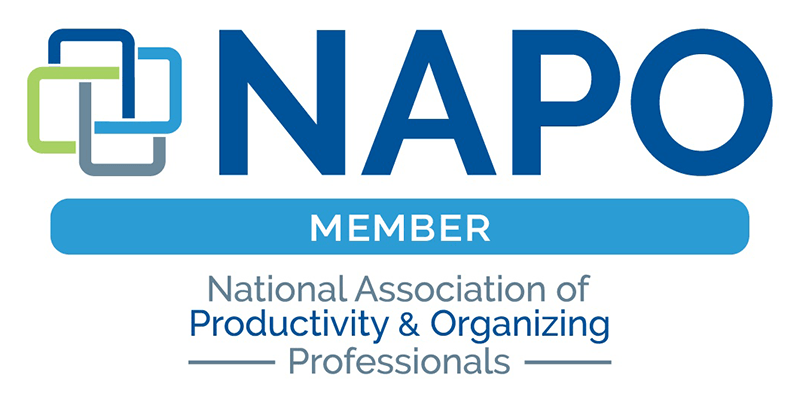Organizing Blog
Top 8 Tips to Start the School Year Organized
back
Back to school time is quickly approaching! Children's schedules become busier, meaning there are more demands on parents' schedules. Oh, and remember all those papers that go along with school? Are you beginning to feel anxious knowing this time is near once again? Having systems in place for paper, homework, communication, and schedules can keep the stress that comes along with the school year to a minimum. Implementing systems can also give you the gift of sharing more of your time and energy with your family.
Here are Major Mom's Top 8 Tips to help you and your family start this school year off on the right foot:
1. Create a clear "C-3" area for family communications.
Communications: Always have an up-to-date family calendar posted. This is a crucial tool to communicate schedules amongst family members.
Control: Take control of paper! Have an inbox for each parent and child. When young children have graded school papers and artwork, they can place it in mom or dad's inbox. When mom has a signed permission slip for her teenage son, he can find it in his inbox.
Command: Post weekly chore schedules, important notes, and shopping lists here so all family members are on the same page. Alternatively, this information could be stored in a binder in the C-3 area where all family members can access it.
2. Develop morning and evening routines.
Morning: Are mornings rough in your home? Create a family schedule to determine when people shower, dress, and eat. Adjust as needed.
Evening: A schedule can help assure that each family member knows his or her role and expectations in completing homework, making dinner, completing chores, and preparing for the morning.
3. Plan your menus.
Breakfast: Consider making freezable breakfast dishes that can be re-heated.
Lunch: Prepare a lunch menu with options. Children can make their selection the night before and lunches can be prepared for the next morning.
4. Implement a homework routine.
When: Setting clear expectations about when homework is to be completed can help children learn great habits.
Where: Have a place for children to do their homework that is comfortable and quiet. Be available to help if necessary.
5. Engage with your child's school & teacher.
Teachers can help keep you aware of strengths your child has as well as areas for improvement. Your involvement can help advance your child's learning.
6. Produce and maintain a system for completed schoolwork.
Inboxes: Your child will bring home papers that need to be signed or read as well as papers that are a sign of accomplishment. These can go in a parent's inbox.
Archives: All children have schoolwork and artwork that they want to save. There are numerous ways to do this. One method is to keep everything in hanging file folders in a file drawer or an Eldon box. Give each child their own drawer so there is room for additional items over the years.
A second method is to use binders or pocket folios. Divide documents by year or by subject.
7. Designate homes for backpacks, jackets, and shoes.
Where do backpacks land when your children come home? Defining a place for backpacks, lunch boxes, coats, gloves, and shoes helps to keep your space clean and also helps your child develop good habits.
8. Take time to have conversations with your children.
Children are brilliant. Let them share with you what is working well and where they are frustrated. Let them help develop solutions for systems that are not working smoothly.
Fun Fact
"Children are simply not alike in their ability to be organized. Some children have better organizational skills than others.Children vary in their ability to meet deadlines and manage their time effectively."
NYU Child Study Center
Organization IN-Sight
Not all artwork will fit in a file folder. For larger pieces try rolling the artwork and storing it in mail tubes. For even better protection you can have it laminated or do it yourself with clear contact paper!




